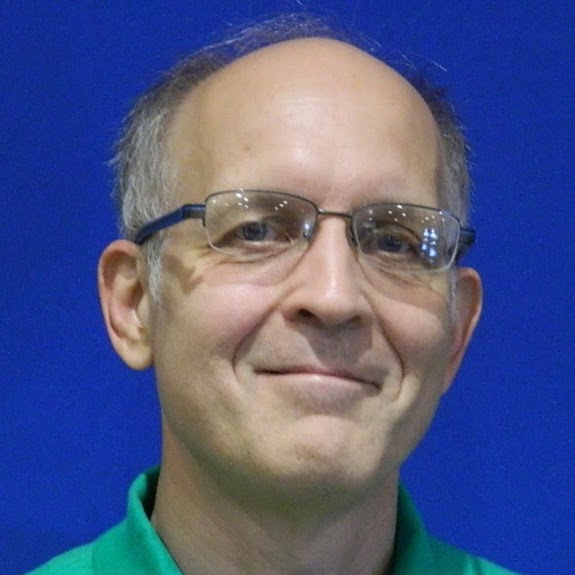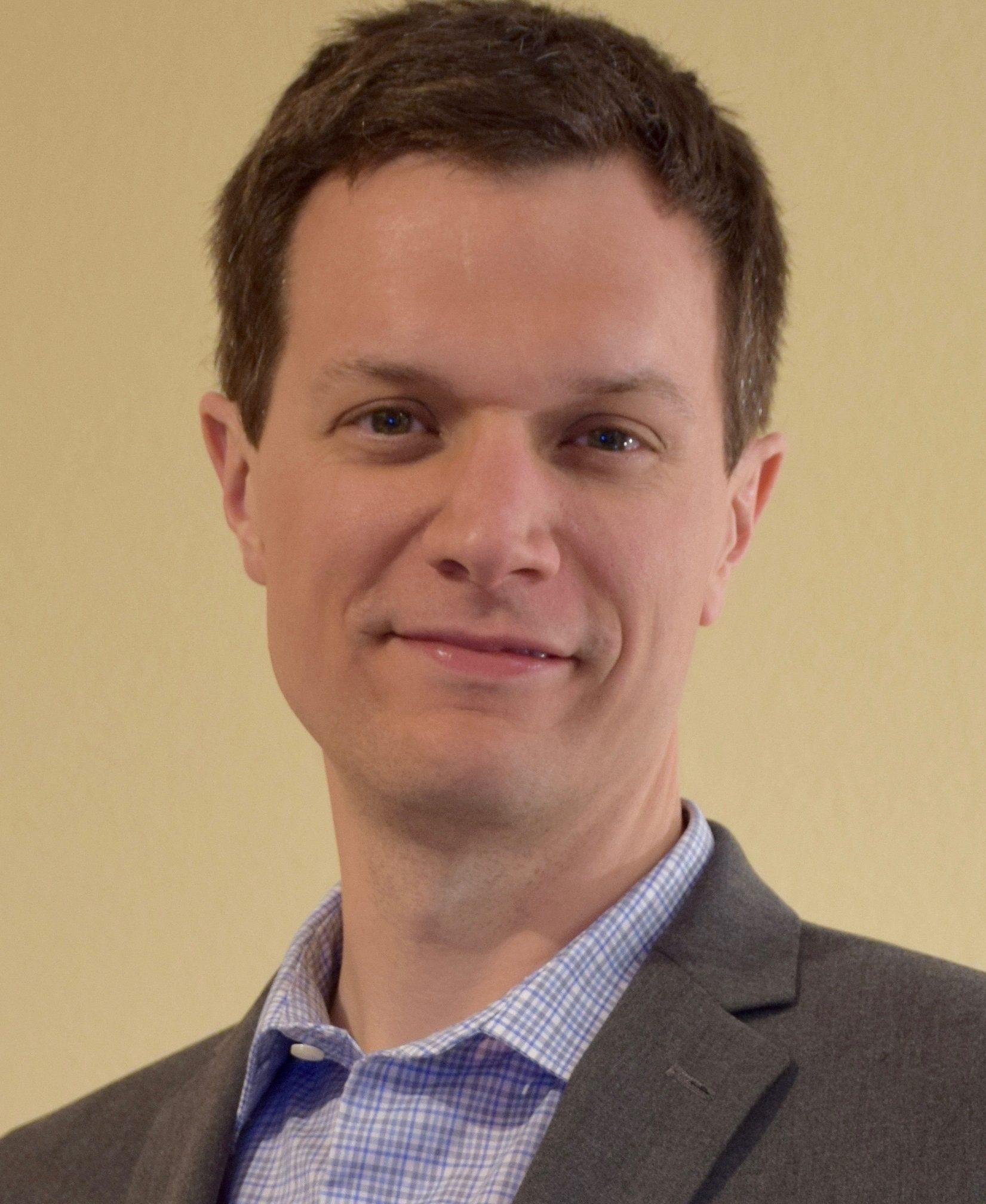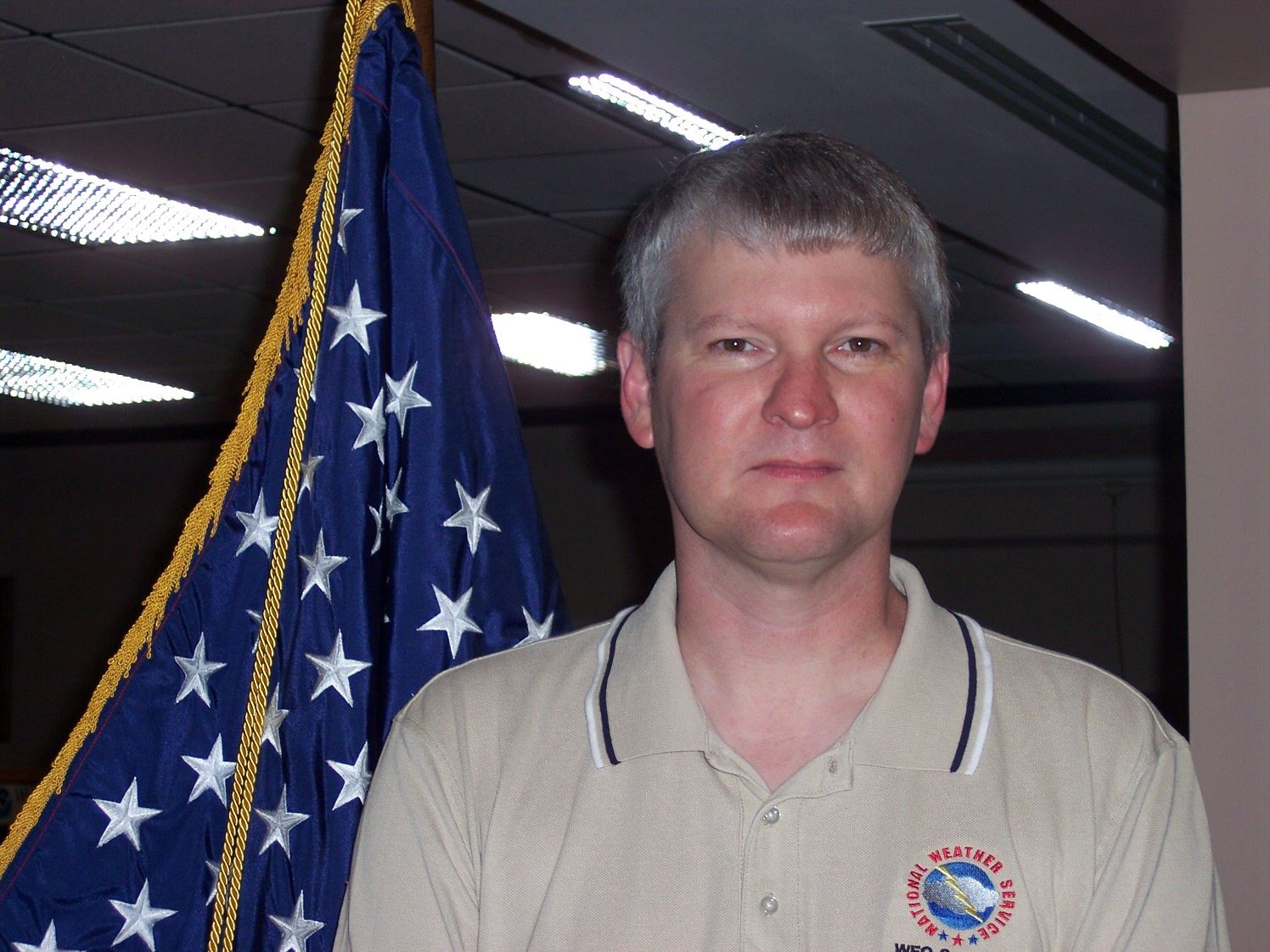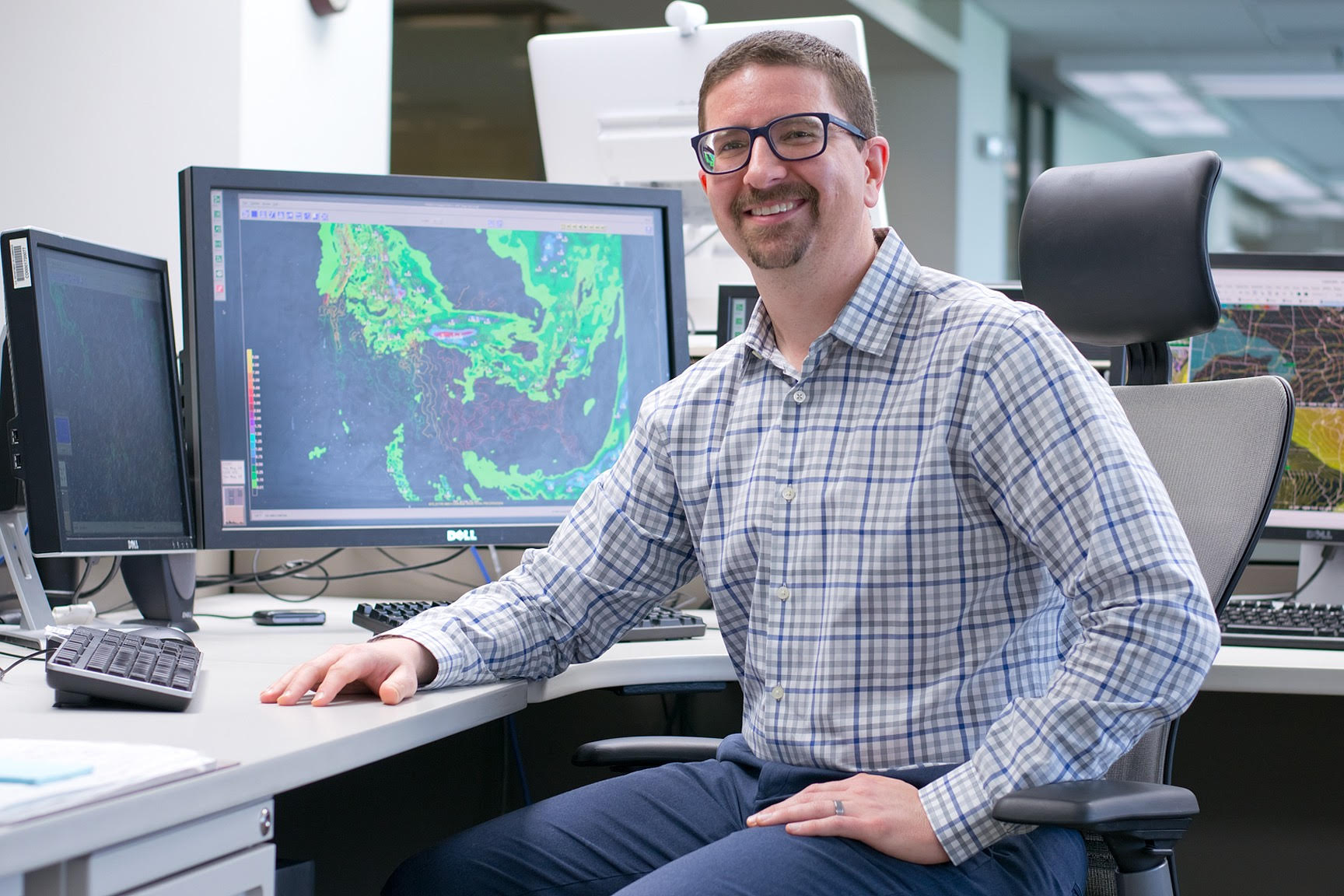
Keynote Speaker
Dr. Stephan Smith
NOAA VLab Director
Biography
Dr. Smith joined the National Weather Service (NWS) in 1993, and as a branch
chief in the Meteorological Development Lab (MDL), has brought diverse and
talented people together from different organizations to solve challenging
problems. He has led the development and implementation of more than 30 decision
support tools and guidance products to enhance NWS operations, for which he has
been recognized with the NOAA Administrator’s Award and the DOC Bronze Medal.
At the NOAA level, Dr. Smith has been a catalyst in improving the transition of
research to operations through the creation of policy, processes, and funding
initiatives. In 2013, he established the NOAA Virtual Laboratory, a foundational
piece of NWS’ R2O-O2R strategy. He became the Director of MDL in May 2019.
Over the years, Dr. Smith has been a strong advocate for creating a healthy and
high performing culture in NWS, one based on diversity and inclusion. He has
served as NWS’ Diversity Program Manager, NWS representative to the NOAA Diversity
Committee, and Chair of the NWS Diversity Council. Steve has provided specialized
diversity training for numerous organizations both inside and outside of NOAA.
For this leadership, he received both the NOAA Administrator’s Award and the NOAA
Spectrum Award.
Dr. Smith earned both his Ph.D. and M.S. degrees in Meteorology from McGill University
in Montreal, Canada. He received his B.S. in Mathematics and Physical Sciences from the
University of Maryland. Before joining NWS, he was a Research Associate at the Cooperative
Institute for Research in the Atmosphere (CIRA) in Fort Collins.

Keynote Speaker
Dr. James Marquis
Center for Severe Weather Research
Biography
I am a research scientist at the Center for Severe Weather Research
and the University of Colorado in Boulder. I use high-resolution
radar and in situ observations, as well as numerical simulations
and data assimilation analysis, to understand a variety of convective-scale
phenomenon, including: mesoscale details of environments supporting convection
initiation and maturation, and supercell and mesoscale convective system dynamics.
I received my bachelors, masters, and Ph.D. degrees from the Pennsylvania State
University department of meteorology, studying environments and dynamics of deep
moist convection. During my masters work, I examined mobile radar observations
of convective boundary layer heterogeneity and kinematic air mass boundary
features during the International H 20 Project to study daytime thunderstorm
initiation. My Ph.D. and postdoc work entailed a dissection of tornadic supercell
dynamics using high-resolution dual-Doppler and storm-scale ensemble data
assimilation of observations collected during the second Verification of the
Origins of Rotation in Tornadoes Experiment and other storm-chasing field efforts.
My current research utilizes mobile radar, radiosonde, profiler, and satellite
observations, all combined with convective-scale data assimilation to understand
the mesoscale environments of both daytime and nocturnal thunderstorm initiation
and evolution. Since 2002, I have participated in eight field research experiments
studying convection and other phenomena. Most recently, I was a PI during the
RELAMPAGO project, with a focus on understanding the mesoscale processes controlling
storm development in northern Argentina. In the field, I took occasional breaks from
consuming Malbec and grilled meat to design instrument deployments to study convection
initiation.

Banquet Keynote Speaker
Scott Mentzer
Former WFO Goodland MIC
Biography
After seeing firsthand the impact of Hurricane Camille on the Mississippi
Gulf Coast as a kid in 1969, Scott Mentzer developed a passion for weather.
He later earned a Bachelor of Science degree in meteorology from the University
of Utah. He then began a 33-year career in the National Weather Service. Duty
stations included Los Angeles, California; Cheyenne, Wyoming; and Sioux Falls,
South Dakota, where he became the first Science and Operations Officer at that
station. For the last 21 years of his career, he was the Meteorologist-in-Charge
of the Weather Forecast Office in Goodland, Kansas. He was one of the founding
members of the High Plains AMS/NWA chapter in 1996. Scott retired in 2015. He and
his wife, Deborah, continue to live in Goodland and spend their time traveling
and playing with their four grandchildren.

Keynote Speaker
Patrick Burke
Lead Forecaster at Weather Prediction Center
Biography
Patrick is a Lead Forecaster at WPC, and has been a forecaster there
since 2012. He is the Team Lead for Excessive Rainfall Outlooks and co-lead
for Quantitative Precipitation Forecasts. In this role, he has experienced
many of the nation’s noteworthy flash flood events in operations while
working across the agency to improve collaboration and strengthen ties between
the meteorology and hydrology sides of NWS. Patrick has a passion for deep
convection, and spent the first ten years of his career in the Great Plains
at WFOs in North Dakota, in Goodland, Kansas, and in his hometown of Norman,
Oklahoma. While in Goodland, Patrick served as President of the High Plains
Chapter of the AMS/NWA in 2004 and 2005.